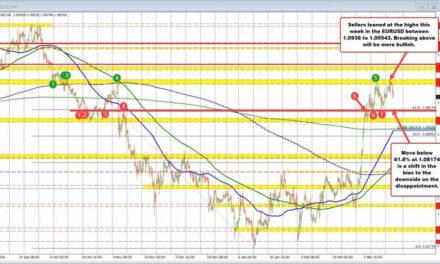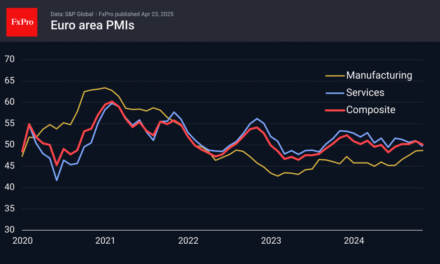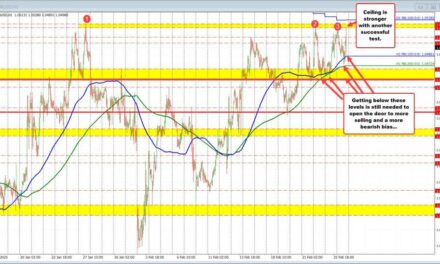Mastering the Mind Game: Conquering Emotional Barriers in Forex Trading
The Hidden Battlefield of Forex Trading: Your Mind
Trading in the foreign exchange market is far more than a game of numbers and charts. At its core, forex trading is a profound psychological challenge that tests the limits of human emotional control. Most traders focus extensively on technical analysis and market strategies, yet overlook the most critical component of successful trading: their own mental landscape.
Psychological resilience distinguishes exceptional traders from average performers. While knowledge of market trends and economic indicators is crucial, the ability to manage emotions under pressure determines long-term success. Traders who master their inner psychological dynamics can navigate market volatility with remarkable composure and strategic clarity.
Understanding the Emotional Rollercoaster of Forex Trading
Forex trading triggers a complex array of human emotions that can dramatically impact decision-making. Fear, greed, anxiety, and overconfidence emerge as primary psychological obstacles that traders must learn to recognize and control. These emotional states can transform rational trading strategies into impulsive, destructive actions.
Neurologically, trading activates the same brain regions associated with addictive behaviors. The potential for financial gain stimulates dopamine release, creating a powerful psychological reward mechanism. Consequently, traders can become emotionally attached to specific trades, leading to irrational attachment and poor risk management.
Identifying and Neutralizing Emotional Trading Triggers
Recognizing emotional trading patterns represents the first step toward psychological mastery. Common triggers include fear of losing money, attachment to previous trading positions, and the overwhelming desire to recover losses quickly. Successful traders develop robust self-awareness mechanisms to detect these emotional states before they compromise trading decisions.
Implementing structured emotional regulation techniques can help traders maintain objectivity. Practices such as mindfulness meditation, journaling trading experiences, and developing pre-defined trading rules create psychological barriers against impulsive decision-making. By establishing a disciplined mental framework, traders can transform emotional volatility into strategic advantage.
Developing a Resilient Trading Mindset
Building psychological resilience requires systematic mental training. Traders must cultivate a growth-oriented perspective that views losses as learning opportunities rather than personal failures. This mindset shift allows for continuous improvement and prevents emotional burnout.
Cognitive reframing techniques enable traders to interpret market movements more objectively. Instead of experiencing losses as personal defeats, successful traders analyze them as valuable data points for refining their strategies. This approach transforms emotional vulnerability into a source of strategic insight and professional development.
Risk Management: The Psychological Shield of Forex Trading
Effective risk management serves as a critical psychological protection mechanism. By establishing clear risk parameters, traders create a structured environment that minimizes emotional decision-making. Techniques like setting predetermined stop-loss levels and maintaining consistent position sizes help neutralize impulsive trading behaviors.
Psychological risk management extends beyond numerical calculations. It involves developing mental resilience to accept and process both winning and losing trades without excessive emotional investment. Traders who internalize this perspective can maintain consistent performance across diverse market conditions.
Practical Strategies for Emotional Control in Forex Trading
Implementing practical emotional regulation strategies can significantly enhance trading performance. Techniques such as creating a structured trading journal, practicing visualization exercises, and developing personal accountability mechanisms provide tangible tools for psychological management.
Meditation and mindfulness practices offer powerful methods for cultivating emotional stability. Regular mental training helps traders develop heightened self-awareness, enabling quicker recognition and neutralization of destructive emotional patterns. These practices create a mental foundation for more rational, strategic trading approaches.
Technology and Psychological Trading Support
Modern trading platforms increasingly incorporate psychological support tools. Advanced analytics can help traders track emotional patterns, identify potential bias points, and develop more objective trading strategies. Artificial intelligence and machine learning technologies are revolutionizing traders’ ability to understand and manage their psychological landscape.
Emerging technologies provide real-time emotional feedback, helping traders recognize potential psychological pitfalls before they impact decision-making. By integrating technological insights with personal psychological awareness, traders can create more sophisticated and resilient trading approaches.
Continuous Learning and Psychological Adaptation
The forex trading landscape is dynamic and continuously evolving. Successful traders commit to ongoing psychological education and self-improvement. This involves regular self-reflection, seeking mentorship, and remaining open to new emotional management techniques.
Professional development programs focusing on trading psychology are becoming increasingly sophisticated. Traders can now access comprehensive resources that combine psychological insights, technological tools, and practical trading strategies.
Conclusion: The Psychological Frontier of Forex Trading
Mastering forex trading psychology represents a transformative journey of personal and professional growth. By recognizing emotions as powerful trading tools rather than obstacles, traders can unlock unprecedented levels of performance and resilience.
The most successful traders are not those with the most advanced technical knowledge, but those with the most sophisticated psychological toolkit. Emotional intelligence, self-awareness, and disciplined mental management emerge as the true currencies of forex trading success.






